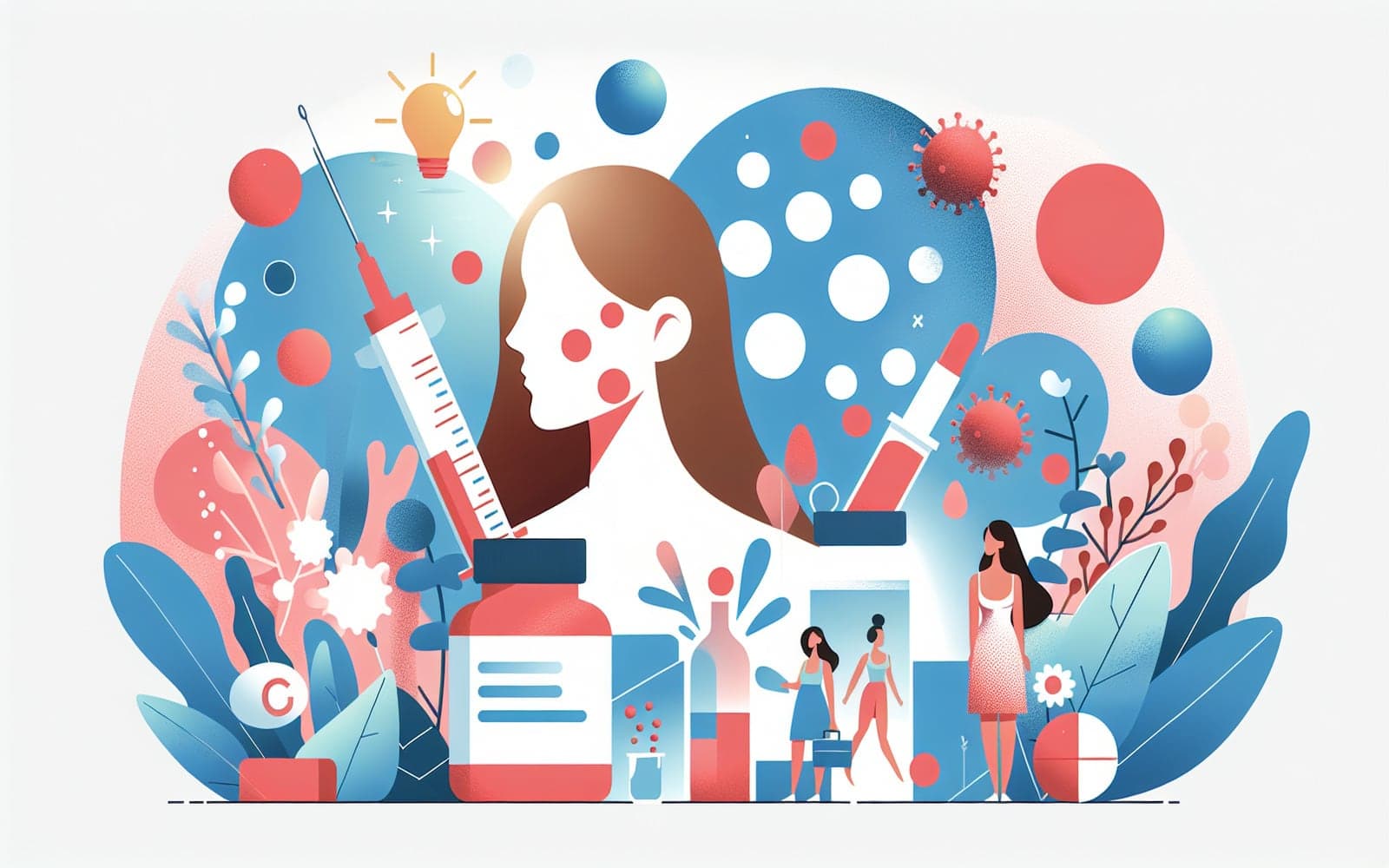Hormonal Therapy for Acne: A Game-Changer for Women?
Published: Feb 20, 2024
For many women, acne isn't just a teenage problem - it can persist well into adulthood. Could hormonal therapy be the solution? Let's dive into this powerful treatment option.
Contents
Understanding the Hormone-Acne Connection
Hormones, particularly androgens like testosterone, play a big role in acne development. They stimulate oil production in the skin, which can lead to clogged pores and breakouts. This is why many women experience acne flare-ups around their menstrual cycle. Hormonal therapy works by regulating these hormone levels, essentially turning down the dial on oil production.
Types of Hormonal Therapy
The two main types of hormonal therapy for acne are combined oral contraceptives (birth control pills) and spironolactone. Birth control pills contain estrogen and progestin, which can help reduce androgen levels. Spironolactone, on the other hand, is an anti-androgen that blocks the effects of testosterone on the skin. Think of these treatments as hormone regulators, helping to restore balance to your skin.

Who Can Benefit?
Hormonal therapy is typically considered for women with moderate to severe acne, especially if it's persistent or tends to flare up around their menstrual cycle. It can be particularly effective for acne on the lower face and jawline, which is often hormonally driven. However, it's not suitable for everyone - pregnant women, for example, should not use these treatments. Your doctor will consider your medical history and specific acne pattern to determine if hormonal therapy is right for you.
Frequently Asked Questions
It usually takes 3-6 months to see full effects.
No, it's generally only used in women.
Yes, but they're usually mild and manageable.
It might, but not always.
Key Takeaways
Hormonal therapy offers a unique approach to treating acne in women, addressing the root cause rather than just the symptoms.
Wondering if hormonal therapy could help clear your skin? Consult with Doctronic, your AI doctor, to explore your options.Related Articles
References
Zaenglein AL, et al. Guidelines of care for the management of acne vulgaris. J Am Acad Dermatol 2016; 74:945.
George R, et al. Hormonal therapy for acne. Semin Cutan Med Surg 2008; 27:188.
Always discuss health information with your healthcare provider.

